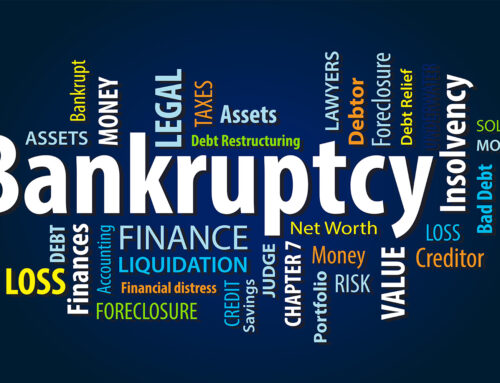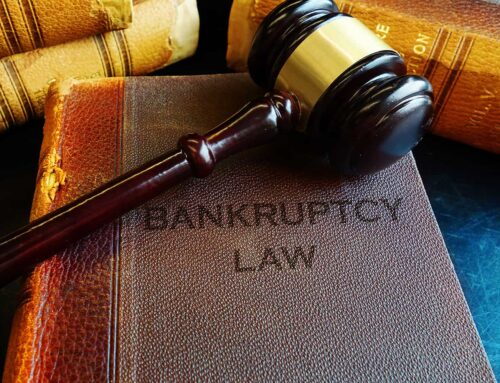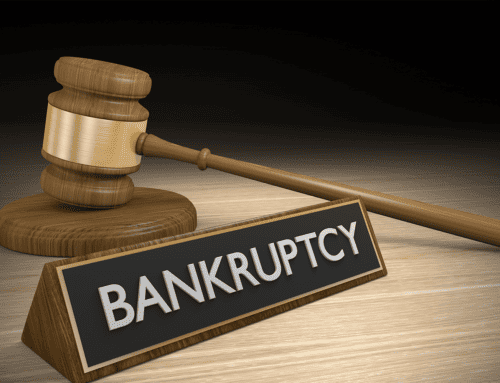When you’re struggling with debt you can’t pay, bankruptcy may seem like the best way to a clear financial future. However, if you’ve been saving for retirement, you likely have questions about the fate of your savings and investments in the wake of a bankruptcy filing. Although it’s always important to consult with a bankruptcy lawyer about your specific situation, many types of retirement accounts are protected by the court.
Understanding Property Exemptions
With Chapter 7 bankruptcy, eligible debts are discharged by the court. Although you may be ordered to sell certain assets to repay a portion of the debt, other assets are considered exempt. These include basic living essentials such as your home, car, business equipment, furniture, and certain pensions and retirement accounts. The court allows you to keep these items so that you are able to move forward on a solid financial foundation.
Although states can establish their own exemption rules for bankruptcy that supercede the federal rules, retirement accounts are an exception. States must abide by the federal exemption provided for these these accounts.
Exempt vs. Non-Exempt Retirement Plans
ERISA-qualified plans have been ruled exempt from bankruptcy filings by the U.S. Supreme Court. ERISA plans are tax-advantaged accounts that are established by an employer and meet specific IRS guidelines. These include 401(k), 403(b), profit-sharing, 457(b), government and organizational retirement plans. This exemption has no threshold, which means you can keep the full amount of these investments.
Plans that do not fall under the ERISA exempt include traditional and Roth IRAs as well as SEP-IRAs and SIMPLE IRAs for small business owners and the self-employed. Although SEP-IRAs and SIMPLE IRAs receive unlimited protection, traditional and Roth IRAs are only protected up to a total of $1,283,025 as of April 2016. This threshold is increased for inflation every three years and will be adjusted again in spring of 2019.
This means that if your traditional and/or Roth IRA accounts have more than $1,283,025, the court can seize the remaining balance and put it toward your outstanding debt.
Special Circumstances
Keep in mind that if you take money out of your retirement accounts, these funds are no longer exempt and can be used to repay creditors. In some cases, the IRS can place a lien on and eventually seize retirement accounts if you owe back taxes, even if you have filed for bankruptcy..
A qualified bankruptcy lawyer can review your situation and recommend the best course of action for a clean financial slate. In Ventura County, contact Brent George Law for your free consultation.






